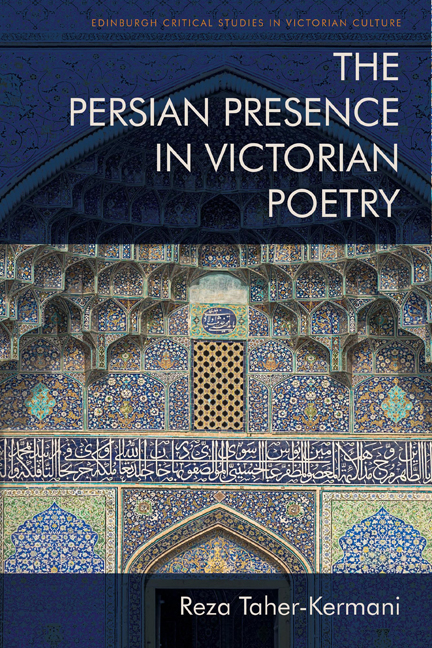Book contents
4 - Rubáiyát of Omar Khayyám
Published online by Cambridge University Press: 05 March 2024
Summary
Omar Khayyám is known in Persian literary history as the supreme exponent of the rubáiy (pl. rubáiyát), a short verse from consisting of a single stanza, rhyming aaba. The extent of Khayyám's fame, however, goes beyond the geographical or cultural boundaries of his place of origin. Thanks to Edward FitzGerald's translation, Khayyám is now celebrated globally, not just as one of Persia's classical poets, but as a learned philosopher who, in a collection of epigrammatic poems, has encapsulated some of the largest and most enduring preoccupations of humankind. Ironically, there is very little evidence to suggest that Khayyám ever wrote poetry or that he was a poet by profession, in the way that men like Firdausi, for instance, was. A large number of poems have nevertheless come to be associated with the name Khayyám. Some of these poems express religious doubts; others celebrate earthly pleasure, to be grasped before the advent of death and oblivion. This far-reaching scepticism that manifests in Khayyám's poetry (or in the poetry that has been ascribed to him) has distinguished him from the majority of Persia's classical poets; while the latter have typically shared common religious sentiments with their society, Khayyám seems to have subverted in his poetry the orthodox religious ideologies that the contemporary rulers, the Saljuqs, were upholding at the time in Persia. This introduces further doubts as to whether the historical Khayyám could have ever written the type of sacrilegious, disbelieving poetry that has commonly been attributed to him; since at various points in his life the astronomer and the mathematician Khayyám appears to have worked closely with the Turkish Saljuqs.
Khayyám lived when the Saljuqs (1040–1220) were spreading and consolidating their Islamic reign over the north west of Persia. He was born in 1048 in Nishapur, in Khurasan in the north-east of today's Iran, and the date of his death is believed to be 1131. Contemporary glimpses of his life are, however, rare. We know that he spent his youth in Samarqand which was at the time part of the Greater Khurasan. His mathematical talent then gained him the patronage of local dignitaries, such as Abu Taher, the Chief Justice of Samarqand.
- Type
- Chapter
- Information
- The Persian Presence in Victorian Poetry , pp. 146 - 173Publisher: Edinburgh University PressPrint publication year: 2020



